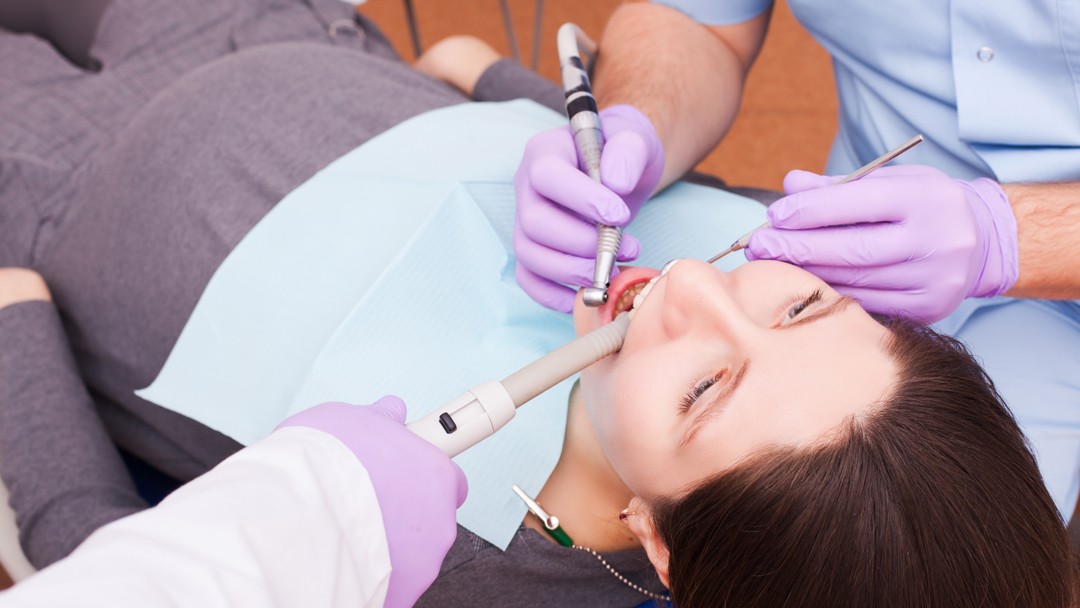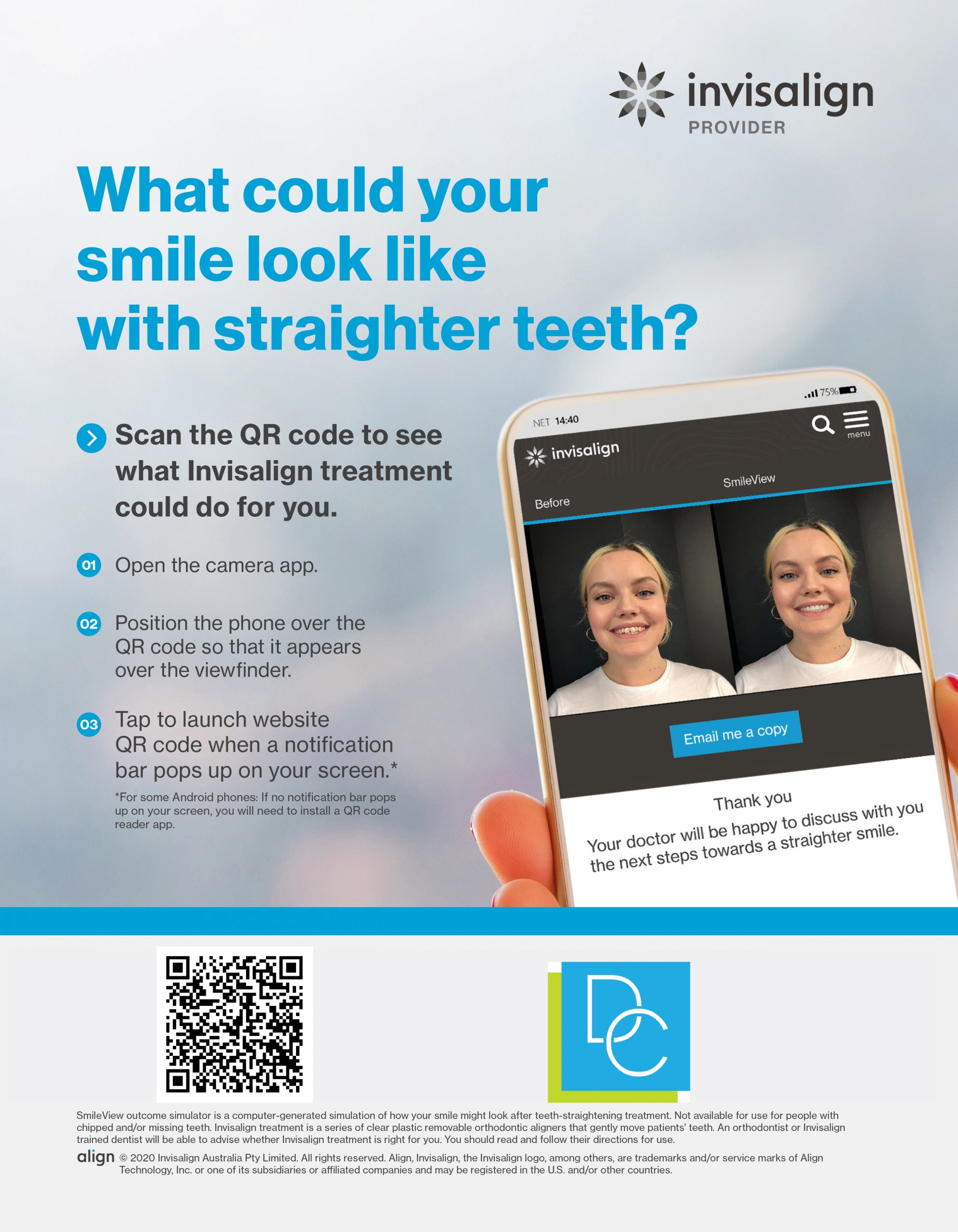- December 2024
- November 2024
- October 2024
- December 2023
- April 2022
- March 2022
- February 2022
- January 2022
- November 2021
- October 2021
- September 2021
- August 2021
- July 2021
- January 2021
- December 2020
- November 2020
- October 2020
- September 2020
- August 2020
- July 2020
- June 2020
- May 2020
- April 2020
- March 2020
- February 2020
- January 2020
- December 2019
- August 2019
- July 2019
- June 2019
- May 2019
- April 2019
- March 2019
- February 2019
- January 2019
- December 2018
- November 2018
- October 2018
- September 2018
- August 2018
- July 2018
- May 2018
- April 2018
- March 2018
- February 2018
- January 2018
- November 2017
- October 2017
- September 2017
- August 2017
- July 2017
- June 2017
- April 2017
- March 2017
- January 2017
- October 2016
- October 2015
- September 2015
- August 2015
What Pregnancy Does to Your Oral Health
28 November,2017Being pregnant shapes and changes our bodies in so many different ways, and it doesn’t end at oral health. Although you have a lot of other things to focus on in your pregnancy, it is important to ensure that you are taking care of your teeth and mouth the right away.
There are some unique problems that pregnancy can bring to your oral hygiene, and this includes:
Pregnancy Gingivitis
It is common for women to feel sensitivity and changes within their gums whilst pregnant. There may be noticeable redness and some bleeding experienced during pregnancy, which is particularly noticeable during brushing.
These changes are known as pregnancy gingivitis, and usually starts within the second month of pregnancy, but is at its height in the eighth. It is common to appear in the front of the mouth, with the same symptoms of normal gingivitis, but different causations behind them.
One of the most common reasons for pregnancy gingivitis is the increased hormone levels that are experienced within pregnancy. The level of progesterone in the body is significantly higher when pregnant, which can be the cause of enhanced gingivitis bacteria growth. The immune system also reacts differently during pregnancy, which means that your body may not react strongly to the gingivitis causing bacteria.
Minimising the Effects
The best way to subside the effects of pregnancy gingivitis is by practicing good dental hygiene. Brushing twice daily for at least two minutes paired with flossing and mouthwash can give you the best chance at combating the gingivitis. Getting an alcohol free, antimicrobial mouth wash may help with gum inflammation.
Having dental visits during pregnancy is also important to ensure that nothing it is getting out of control. A professional clean can help with pregnancy gingivitis. If symptoms persist after pregnancy, ensure that you visit your dentist to discuss future periodontal surgery.
Visiting the Dentist when Pregnant
If you are in the trying stages of pregnancy, make sure that you visit your dentist to ensure that your oral health is at its prime. Once you have fallen pregnant, the best time to visit a dentist would be in the second trimester. Avoid major procedures, including reconstructions and surgery, until after the baby is born. No work should be done within the first trimester as the foetus is still in development, and can be heavily influenced from environmental changes.
Get in touch with your dentist today to discuss your dental plan around your pregnancy.


